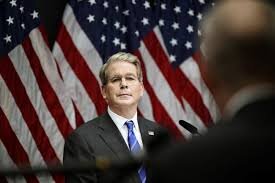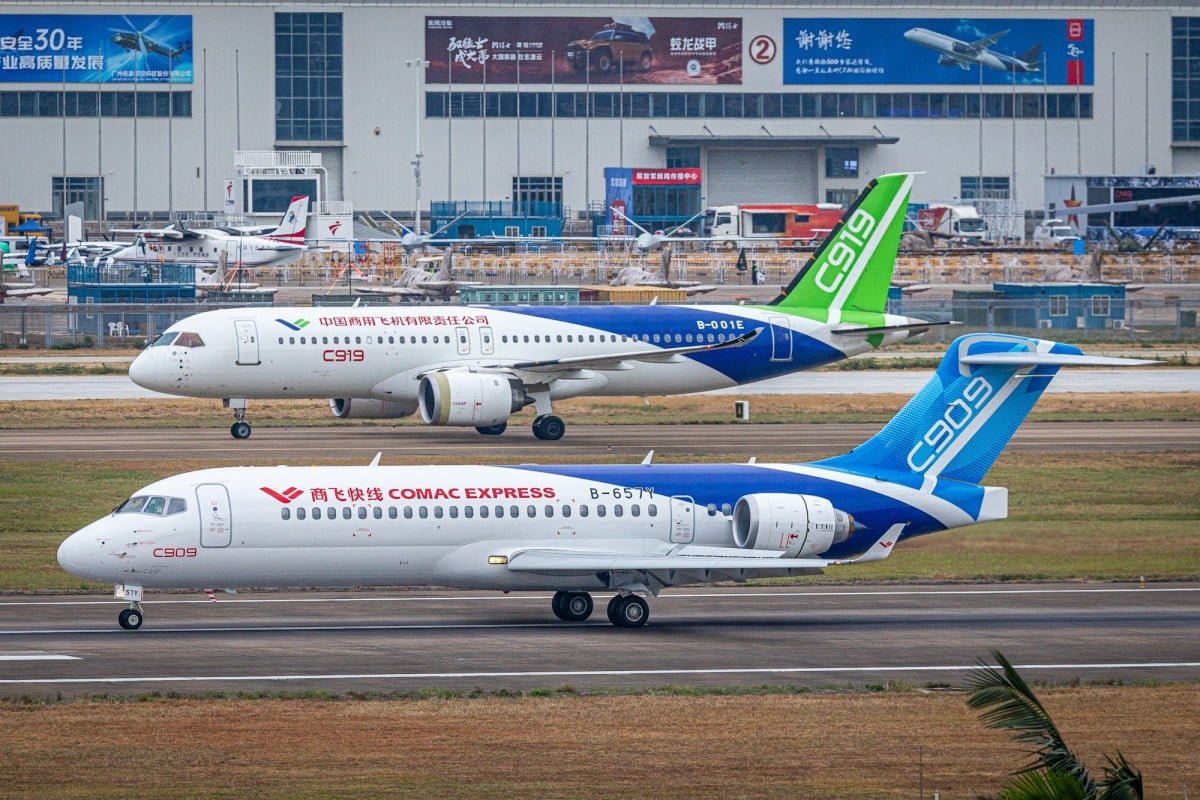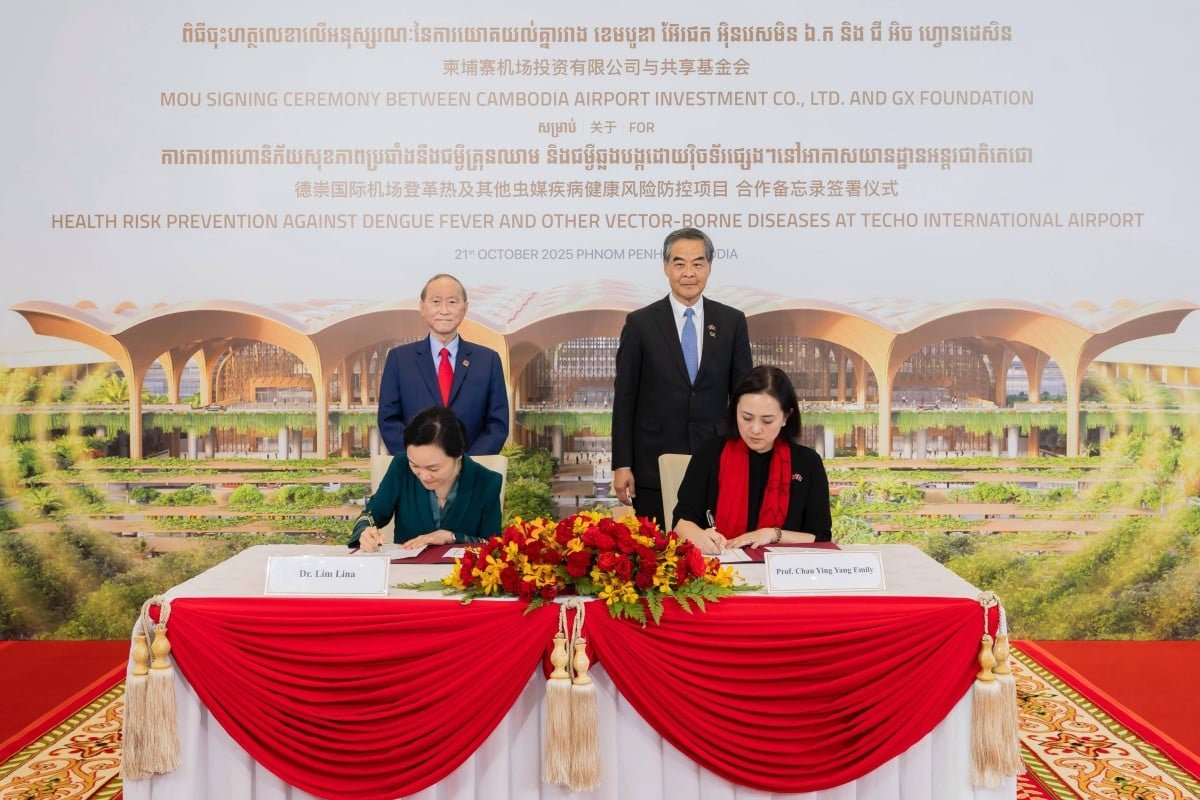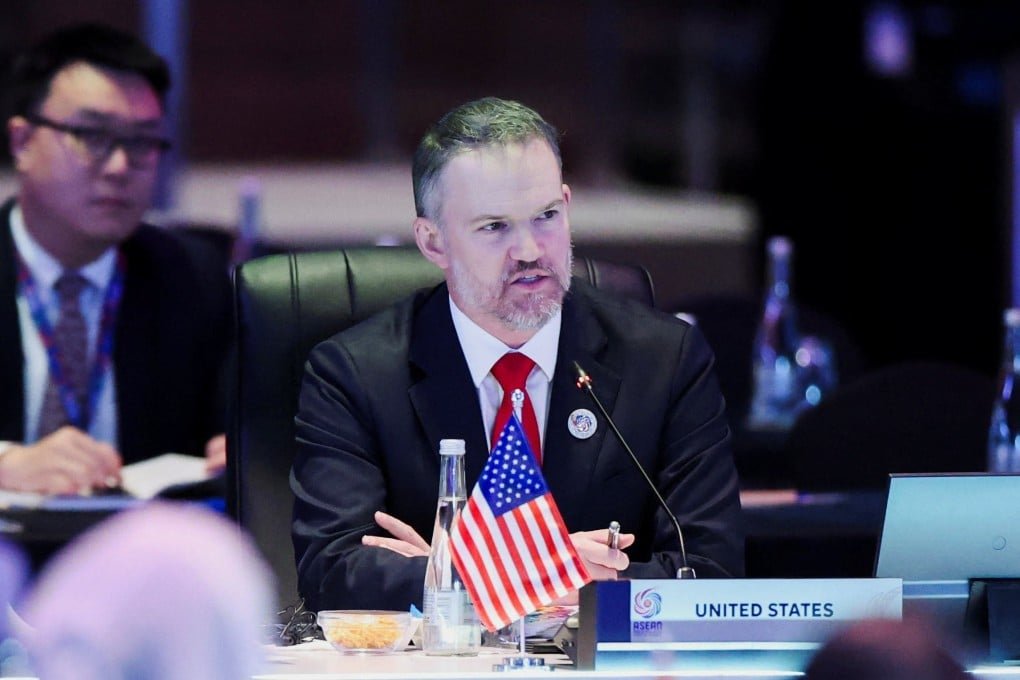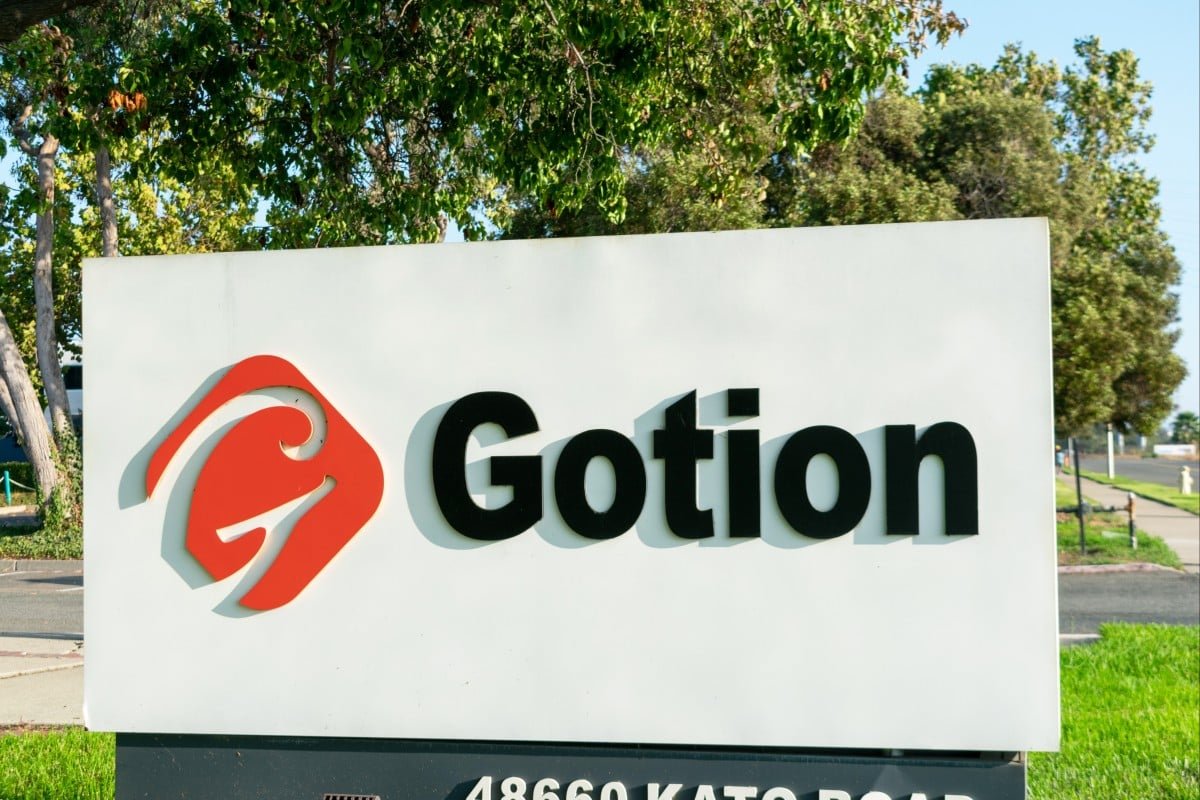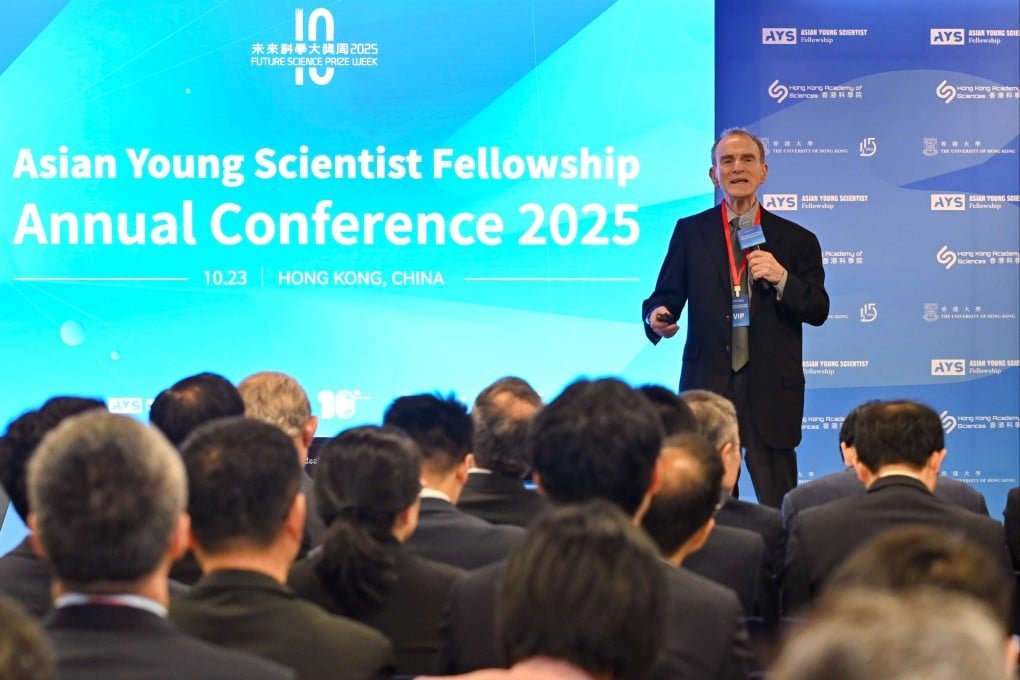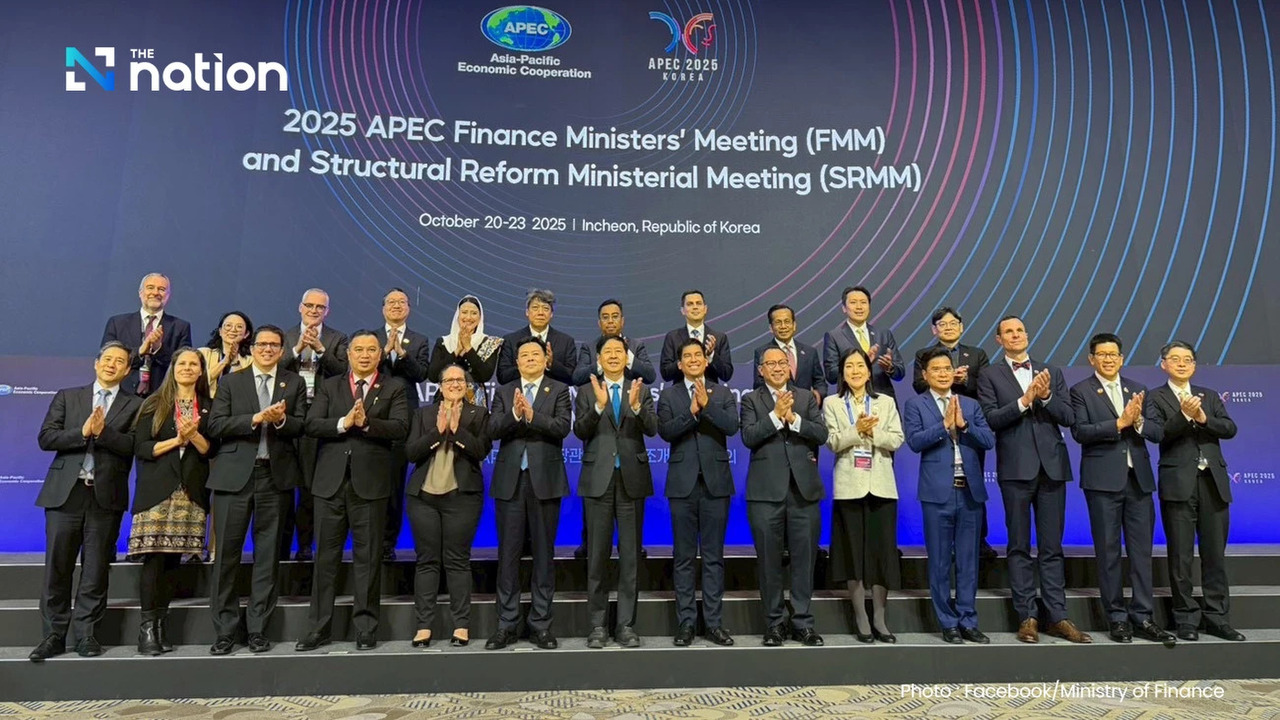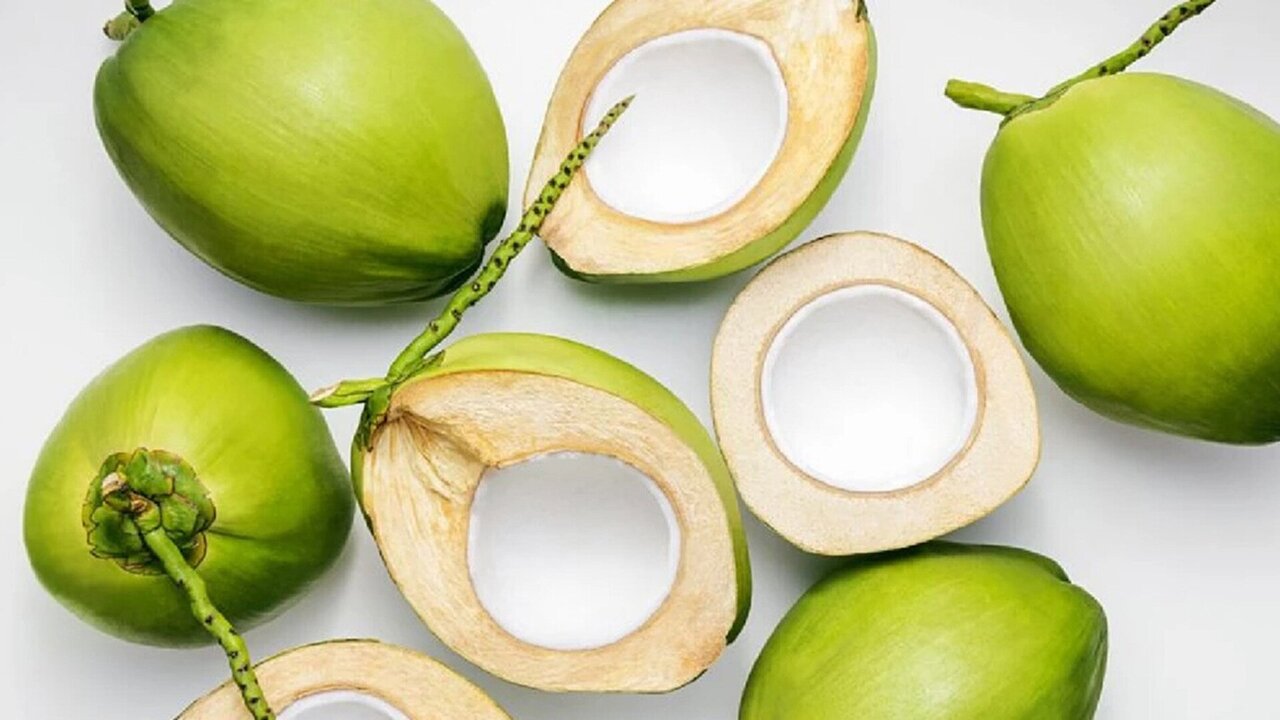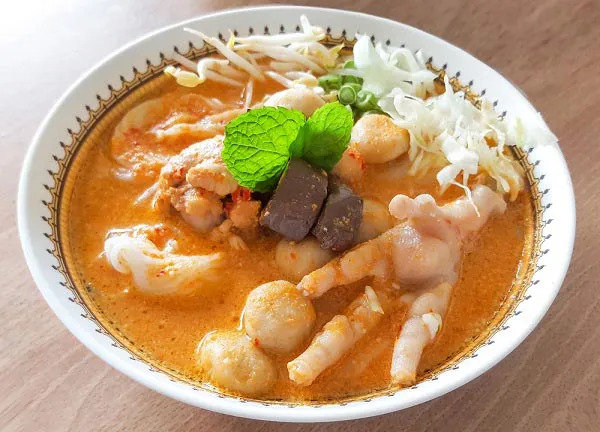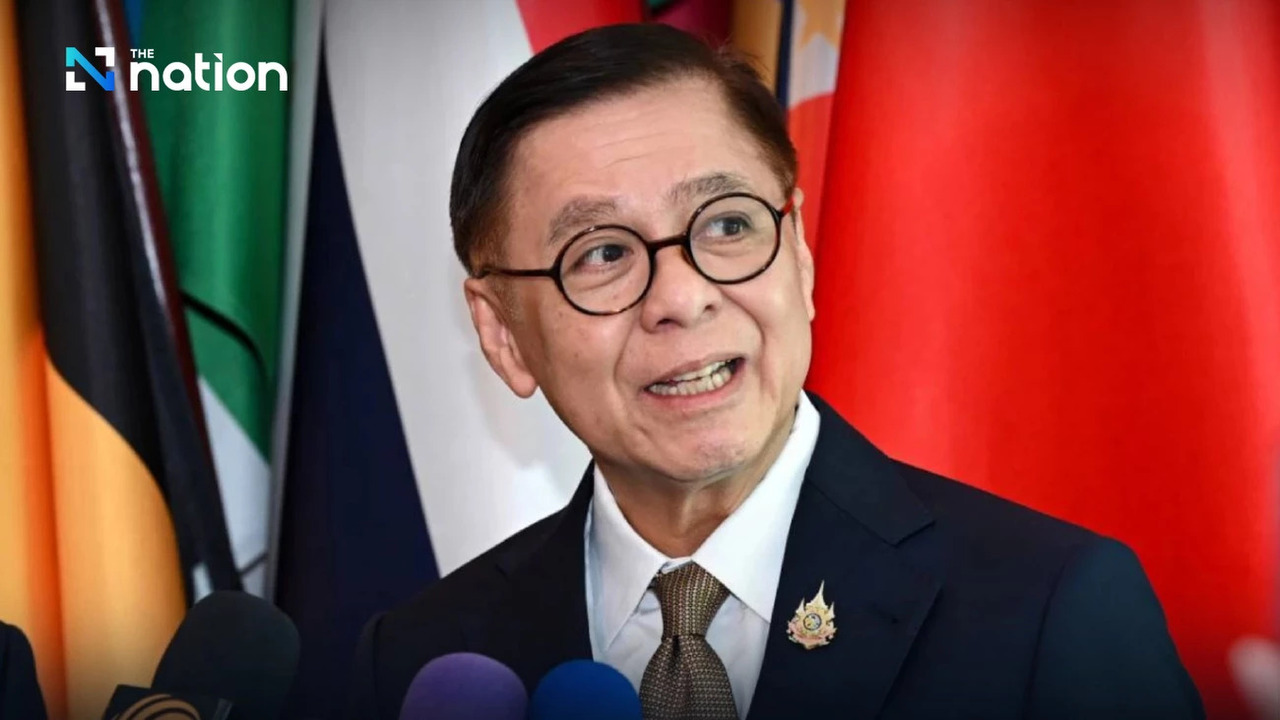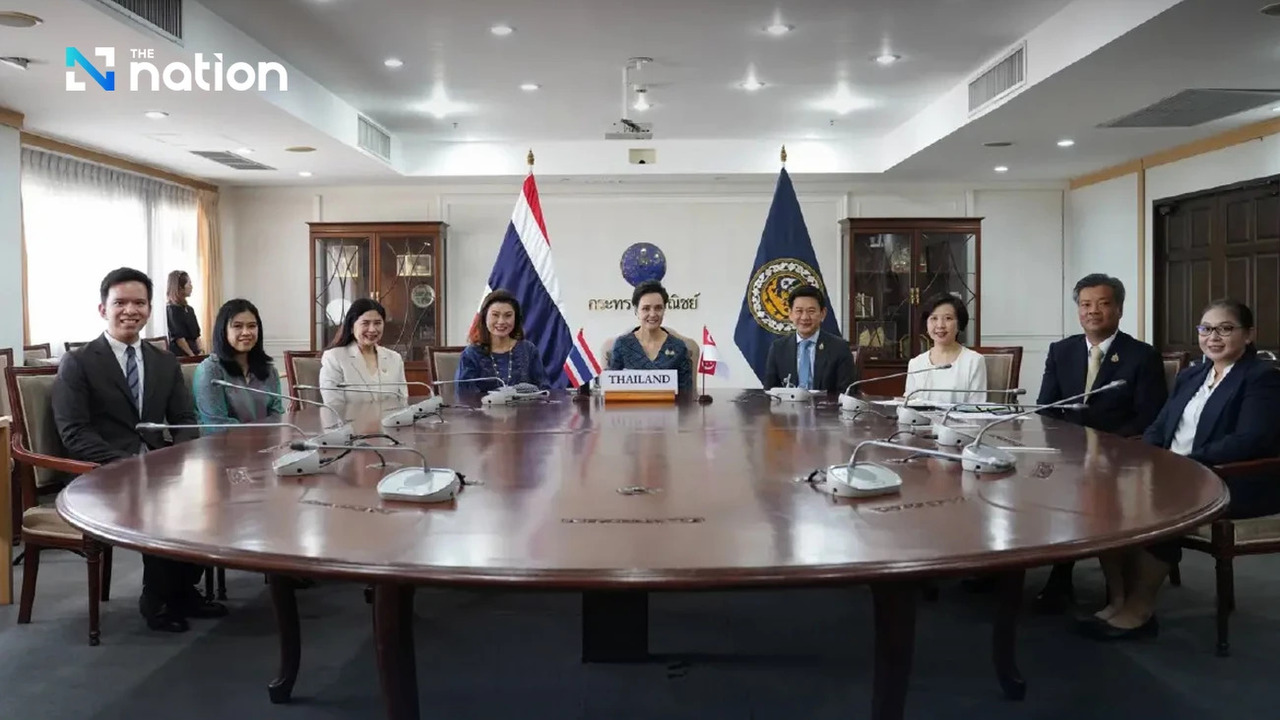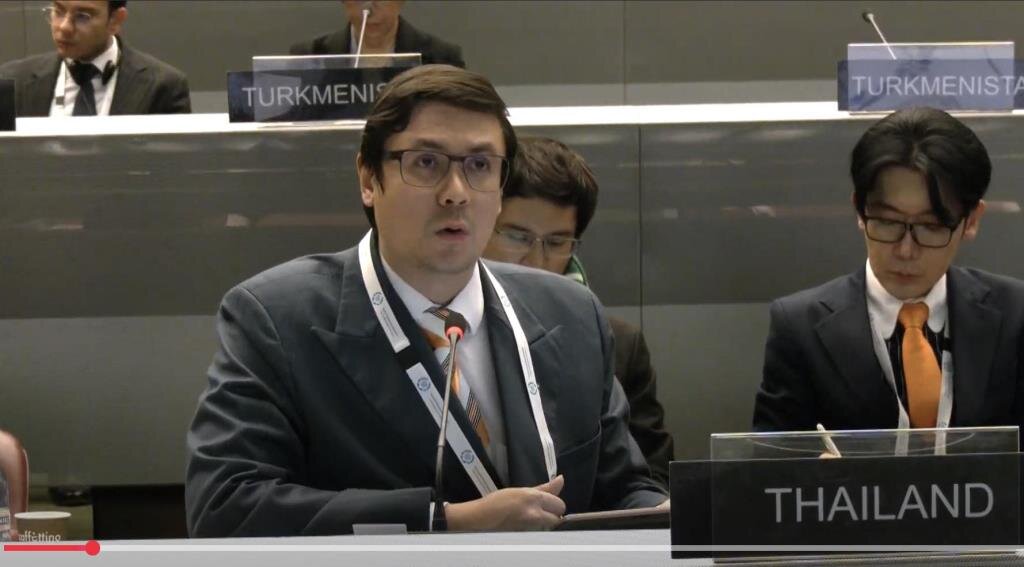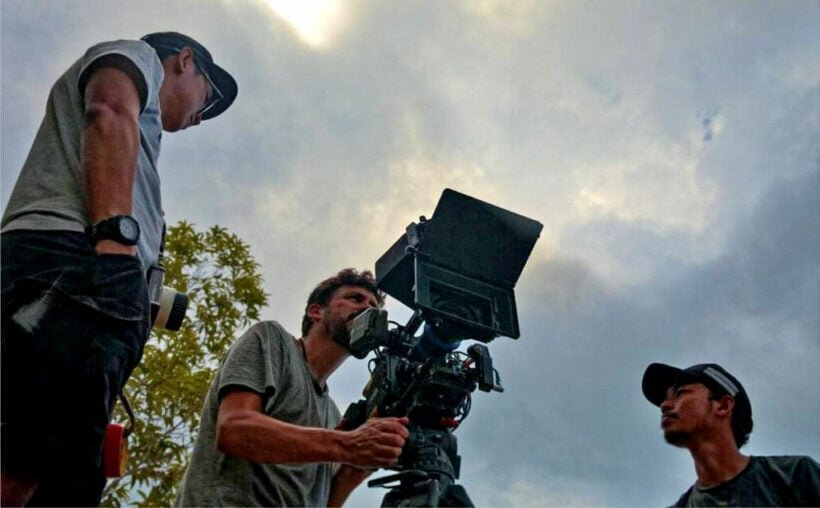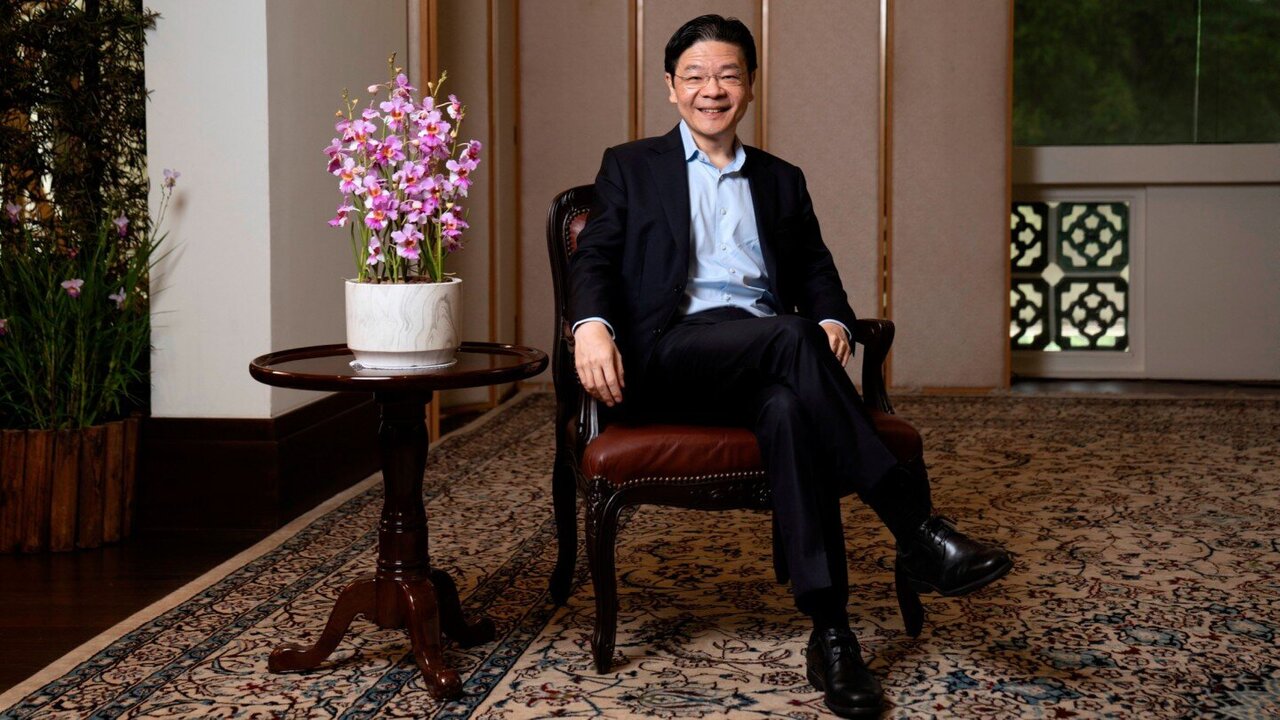As UOB marks its 90th anniversary, CEO Wee emphasizes stewardship, ASEAN ambition and long-term discipline over consolidation
Wee Ee Cheong, deputy chairman and chief executive officer of United Overseas Bank (UOB), frames the lender’s next chapter in terms of cultivation rather than conquest.
The bank this year celebrates ninety years since its founding in 1935, and Wee underscores a priority on preserving foundational culture while building for the future.
“Stewardship is the most important; to make the bank more forward-looking, more future-proof,” he says.
Under Wee’s leadership since 2007, UOB has made strategic expansions across Southeast Asia, including the acquisition of Citigroup’s consumer banking operations in Indonesia, Malaysia, Thailand and Vietnam in 2022—an audacious move that accelerated regional scale by five years.
Wee observes: “We are a big tanker; we are shifting,” reflecting how the bank is repositioning its trade, payments and regional enterprise platforms to meet evolving customer needs.
Wee embraces the family legacy—UOB was founded by his grandfather, Wee Kheng Chiang and later built under his father, Wee Cho Yaw—but places even greater emphasis on culture than lineage.
He likens the bank to one of his bonsai trees: rooted in tradition yet ever adapting.
He insists that UOB’s culture is its “right roots”, enabling it to thrive even if markets or leadership change.
Looking ahead, he points to ASEAN as UOB’s core geography.
He states that focusing on Malaysia, Indonesia, Thailand and Vietnam already covers eighty per cent of the region’s market opportunity and notes that staying true to that footprint is a strategic decision.
Technology investment remains central: the bank plans to channel multi-billion-Singapore-dollar funding into an integrated regional platform to enable customers to transact seamlessly across borders.
Succession is also addressed head-on.
Wee says his children are free to pursue their own paths and are not obliged to join the bank.
“I’m not hung up on being a family-run bank,” he remarks.
Instead, he aims to prepare the institution for newer leadership—whether familial or professional—armed with the same commitment to values, resilience and regional growth.
As UOB enters its next ninety years, Wee’s message is clear: consolidation and size are less important than long-term discipline, regional connectivity and a culture that sustains ambition across generations.
